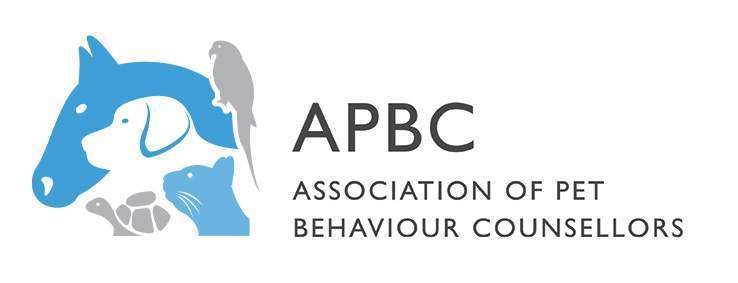Upcoming Live Webinars
WEBINARS for 2024

Webinar Recordings
Webinar recordings include questions and answers live with the presenter at the end of the presentation. Closed Captions are available along with playback controls. You can watch and re-watch in your own time. The recordings are only available to purchase between 2-4 years after their airdate.
The system will ask you to input the email you used to register for the event.
It will send all of the previous orders we have listed under that email address.
If your order email does not come through for the event you are trying to access, there may have been a spelling
mistake or different email used to purchase the event.
In this case please email info@apbc.org.uk
You must have purchased an event since August 2020 to use this function
(all events before this time had a 30 day watch limit but now it is a minimum of 2 years,
apart from the conferences which are still a 30 day limit). If this is the first time you are logging in
please enter your email and press “forgotten password” or “claim account”.
An email will be sent for you to choose a password. You can then return
here to login with those credentials to access all events you have
purchased through the APBC. (For events with limitations such as the conferences
it will only show receipt details and access to certificates).
